Share
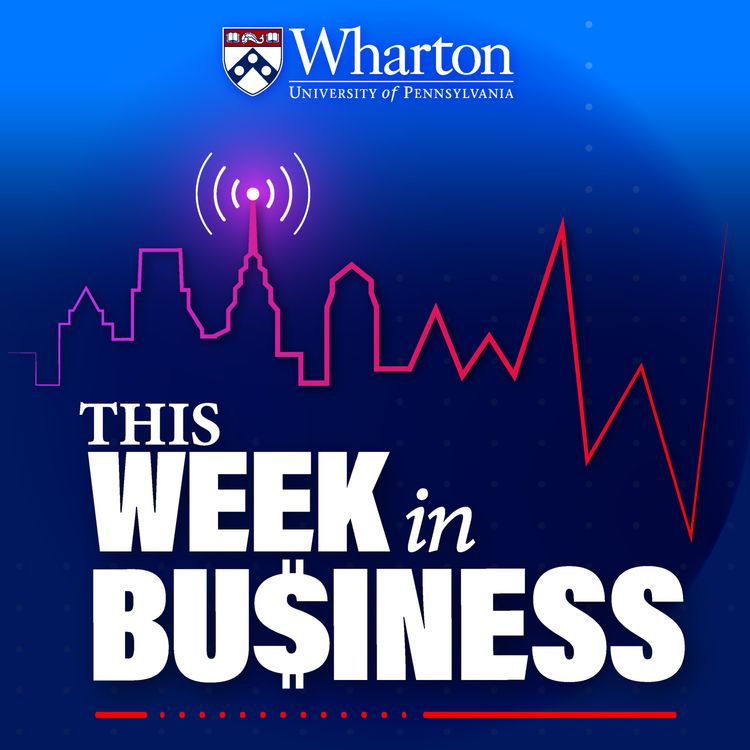
This Week in Business
A Human's Guide to Machine Intelligence
Whether or not we realize it, algorithms have taken over a big part of our lives. This technology is embedded in every major tech platform and web-enabled device we come in contact with, and influences the everyday decisions we make: what we buy, where we eat, whom we date, how we work, and more. Host Dan Loney talks with Kartik Hosanagar, Professor of Technology and Digital Business, and Marketing, at the Wharton School, to discuss his new book, A Human’s Guide to Machine Intelligence: How Algorithms Are Shaping Our Lives and How We Can Stay In Control. Kartik's research demonstrates that instead of surrendering ourselves to this world of algorithmic decision-making, we need to arm ourselves with a better, deeper and a more nuanced understanding of it. Find out more about his new book on this episode of Knowledge@Wharton.
More episodes
View all episodes
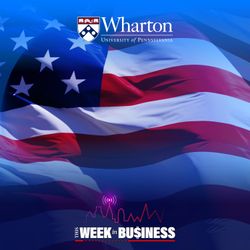
How Geopolitics Is Hitting Local Gas Stations
12:36|Serguei Netessine, Wharton Professor of Operations, Information and Decisions, discusses how U.S. sanctions on Lukoil are disrupting franchise agreements, banking relationships, and customer perceptions for locally operated gas stations in New York, New Jersey, and Pennsylvania.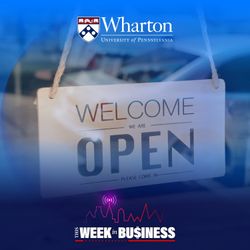
Why Hiring Has Slowed Without Mass Layoffs
12:11|Peter Cappelli, Professor of Management and Director of the Center for Human Resources at The Wharton School, examines the cooling in white-collar job openings, the impact of investor-driven cost cutting, the concept of “AI washing,” and why economic uncertainty is keeping companies cautious about expanding their workforce.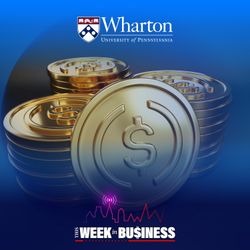
Stablecoins Explained: Bridging Digital Assets and Traditional Finance
10:56|Kevin Werbach, Wharton Professor of Legal Studies and Business Ethics, discusses the Stablecoin Toolkit and how clearer definitions, regulatory frameworks, and emerging use cases could position stablecoins as a bridge between digital assets and the traditional financial system.
Super Bowl Advertising Trends, Creative Strategy, and Brand Competition
12:19|Dr. Americus Reed, II, Wharton Professor of Marketing, breaks down the strengths, themes, and competitive dynamics of this year’s Super Bowl ads, including the role of nostalgia, humor, artificial intelligence, and long-term brand storytelling.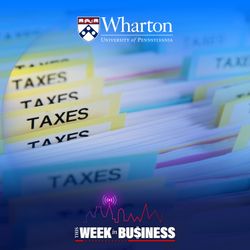
The Economic Reality Behind Billionaires Taxes and State Budgets
10:15|Kent Smetters, Faculty Director of the Penn Wharton Budget Model and Professor of Business Economics and Public Policy at the Wharton School, analyzes the origins of billionaire and wealth taxes, explains why they consistently underperform revenue expectations, and explores their economic distortions at both the state and national level.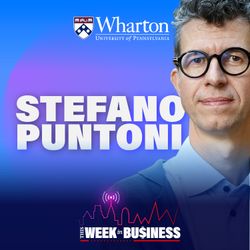
How Advertising Could Reshape ChatGPT and Digital Marketing
13:00|Stefano Puntoni, Wharton Professor of Marketing and Co-Director of the Wharton Human-AI Research Program, discusses OpenAI’s move toward advertising, its implications for monetization, consumer experience, and the future of digital advertising.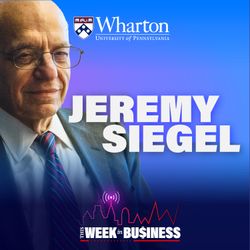
What the Fed’s Pause Signals for Economy and Markets
11:42|Jeremy Siegel, Wharton Emeritus Professor of Finance and Senior Economist at WisdomTree, analyzes the Federal Reserve’s decision to hold rates, the significance of dissenting votes, the outlook for future cuts, shifting market leadership, and how AI-driven productivity may shape the economy and labor markets heading into 2026.
Why Interest Rates Can’t Fix Deeper Economic Problems
11:21|Patrick T. Harker, former President of the Federal Reserve Bank of Philadelphia and current Wharton Professor of Operations, Information, and Decisions, draws on his experience to discuss why monetary policy has clear limits, the need for political follow-through on fiscal and workforce issues, and how investments in education, skilled trades, and digital innovation are essential for securing the nation’s long-term economic future.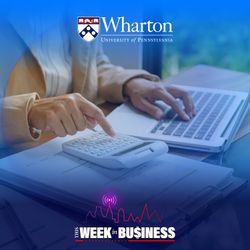
Affordable Care Act Subsidies, Coverage Losses, and What Comes Next
10:37|Professor Emeritus of Healthcare Management at the Wharton School, Mark Vincent Pauly, analyzes the consequences of the Affordable Care Act’s enhanced subsidy expiration, its effects on insurance coverage and costs, and the potential implications of proposed reforms allowing individuals to choose plans using direct government funding.